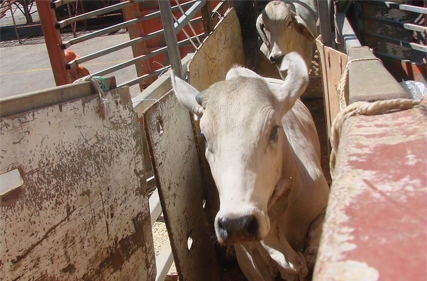 The Albanese Government reaffirmed its ongoing support for the live export cattle industry ahead of the LIVEXchange Conference in Darwin, Australia’s major event for the livestock export industry.
The Albanese Government reaffirmed its ongoing support for the live export cattle industry ahead of the LIVEXchange Conference in Darwin, Australia’s major event for the livestock export industry.
Minister for Agriculture, Fisheries and Forestry, Murray Watt said Australia’s live cattle trade was a major contributor to our national economy.
“Australia’s live cattle export trade contributes more than $1 billion to our national economy each year and employs 1,527 people directly with more than 80 per cent of these jobs in Northern Australia,” Minister Watt said.
“In line with the LIVEXchange conference theme, we are focusing on strengthening our markets and developing shared values to produce quality meat.
“We are a government that works with industry and consults widely.
“That’s what we did with Australia’s first ever National Lumpy Skin Disease Action Plan, which we launched in Darwin last month, in partnership with cattle and live export groups, to help protect our cattle and buffalo industries.
“It also built the foundation for our new Northern Australia Biosecurity Coordination Network to help manage the threat of LSD and foot and mouth disease.”
Minister Watt said last month’s Budget shows that the Albanese Government is focussed on investing to protect and grow our vital agricultural industries.
“That’s being done through key investments in our biosecurity system, livestock traceability, trade, drought resilience and sustainable agricultural practices.
“I know there have been some challenges for the industry this year with foot and mouth disease detected in Indonesia, our biggest market for live cattle exports, which made some Indonesian lot feeders more risk averse than before.
“But I’m pleased to see those trade numbers starting to bounce back in August and September.
“It’s crucial for Australia’s export success for us to be loud and proud about being FMD and LSD-free.
“And we are of course supporting Indonesia to manage their outbreaks, delivering vaccines, training and technical expertise.
We will continue to work with the Australian cattle industry and our trading partners to ensure the export regulations meet the high standards of animal welfare expected by the Australian community.”
